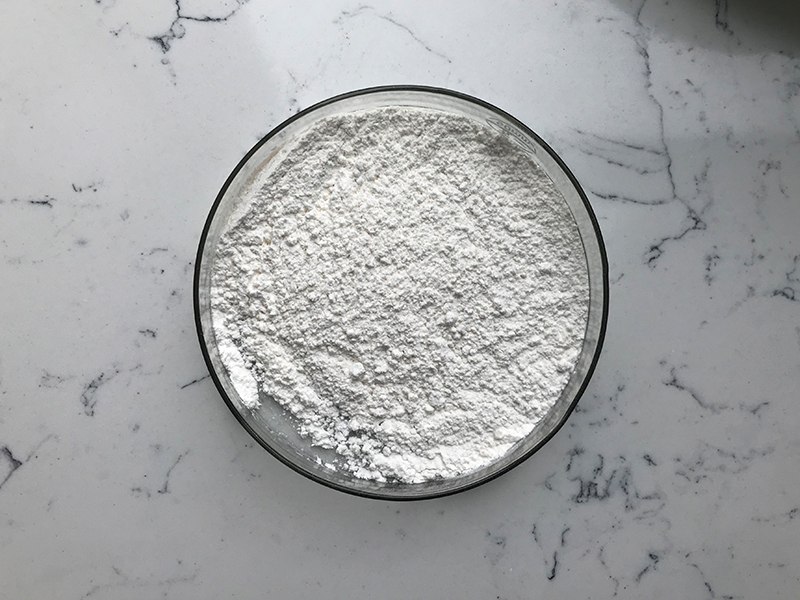L-Tryptophan is an essential amino acid, meaning it is necessary for the proper functioning of the body, but it must be obtained through diet or supplements because the body cannot produce it on its own. L-Tryptophan has several potential benefits and drawbacks, which we can discuss in terms of its pros and cons:

Pros of L-Tryptophan:
- Precursor to Serotonin: L-Tryptophan is a precursor to serotonin, a neurotransmitter that plays a crucial role in mood regulation. Increasing L-Tryptophan intake can potentially lead to improved mood and reduced symptoms of depression and anxiety.
- Improved Sleep: L-Tryptophan is often associated with improved sleep quality. It can be converted into serotonin and further into melatonin, a hormone that regulates sleep. Some people find that taking L-Tryptophan supplements before bedtime helps them fall asleep more easily and enjoy better sleep.
- Stress Reduction: Due to its role in serotonin production, L-Tryptophan may help reduce stress and anxiety levels. Serotonin is often referred to as the “feel-good” neurotransmitter, and increasing its levels can promote a sense of well-being.
- Appetite Control: Some studies suggest that L-Tryptophan may help regulate appetite by influencing satiety and reducing food cravings. This could potentially be beneficial for weight management.
Cons of L-Tryptophan:
- Limited Availability in Diet: While L-Tryptophan is essential for the body, it is not found in large quantities in most foods. This can make it difficult to obtain sufficient amounts from diet alone, leading some individuals to turn to supplements.
- Interactions with Medications: L-Tryptophan supplements can interact with certain medications, particularly those used to treat depression and anxiety. It may lead to a condition called serotonin syndrome, which can be life-threatening. It’s crucial to consult with a healthcare professional before taking L-Tryptophan supplements, especially if you are on medication.
- Safety Concerns: In the past, there were safety concerns regarding L-Tryptophan supplements, as they were linked to a few cases of eosinophilia-myalgia syndrome (EMS). However, these cases were primarily associated with a specific contaminated batch of L-Tryptophan supplements, and strict regulations have since been put in place to ensure product safety.
- Possible Side Effects: Some individuals may experience mild side effects when taking L-Tryptophan supplements, such as nausea, stomach cramps, or diarrhea. These side effects are typically dose-dependent and can often be minimized by starting with a lower dose and gradually increasing it.
- Individual Variability: The effects of L-Tryptophan can vary from person to person. While some individuals may experience significant mood improvements and better sleep, others may not notice any noticeable benefits.

It’s essential to emphasize that before starting any new supplement regimen, especially L-Tryptophan, you should consult with a healthcare professional. They can provide guidance on the appropriate dosage and help you understand potential interactions with any medications you may be taking.
